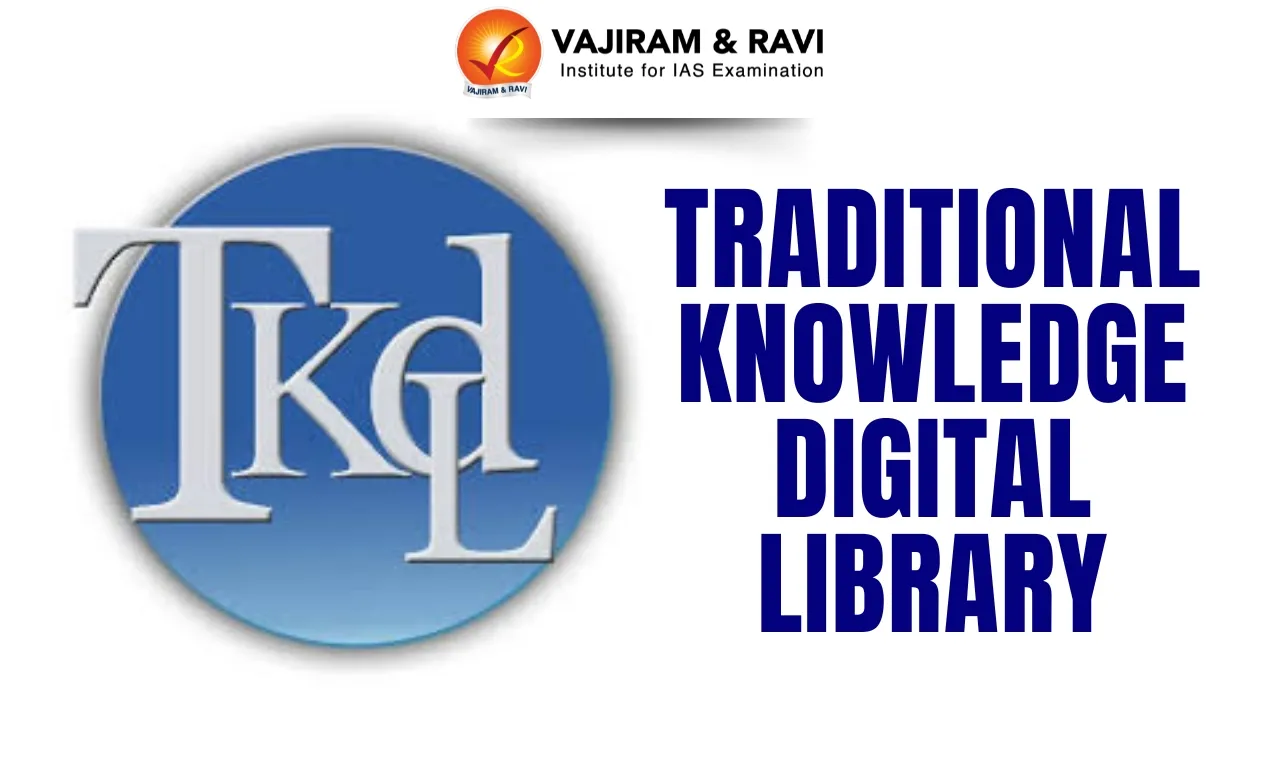About Additional Tier-1 (AT-1) Bonds
- AT-1 bonds are perpetual bonds with no maturity date.
- Investors in these bonds do not get their principal back.
- However, the interest continues forever. AT-1 bonds have a higher interest rate than other bonds.
- Due to the perpetual nature of AT-1 bonds, these are often treated and viewed as equity, not debt.
- How are AT-1 Bonds Issued?
- AT-1 bonds are issued by banks in accordance with the directions of the Reserve Bank of India (RBI).
- Financial institutions usually issue such bonds to fulfil their capital adequacy requirements (CAR).
- CAR is an assessment of a bank’s capital and its risk-weighted assets.
- Capital adequacy norms were formulated under the Basel III accord of 2009 after the credit crisis of 2008.
- The money raised through these bonds is kept aside as a shock absorber by the bank.
- These bonds are contingent convertible bonds (CoCos), a type of debt instrument that the bank can convert into equity if its capital levels fall below the specified levels. This helps the bank reduce debt while managing capital.
- AT-1 bonds have a call option, which allows the banks to buy back the bonds from the investors.
- These bonds provide high returns but also carry greater risk.
- If the banking institution fails, these bonds are at risk.
- Suppose the RBI finds a bank in an unstable condition, under pressure, and in a situation where it demands rescue. In that case, it can ask the bank to immediately withdraw their AT-1 Bonds without seeking permission from the investors, therefore making AT-1 Bonds risky.
- Further, the issuer can also skip the interest payout if it is under financial stress.
- Investors cannot return their bonds to the bank as there is no put option against these bonds. However, these bonds are listed on the stock exchanges, so the investor can liquidate these whenever in need.
- Subordinate debt: In case of default, these bonds rank lower than the other debt, which is why these are subordinate debts.
Q1) What is a Bond?
A bond is a fixed-income instrument that represents a loan made by an investor to a borrower (typically corporate or governmental) for a set period of time in return for regular interest payments. The time from when the bond is issued to when the borrower has agreed to pay the loan back is called its ‘term to maturity’. The bond issuer uses the money raised from bonds to undertake various activities, such as funding expansion projects, refinancing existing debt, undertaking welfare activities, etc.
Last updated on February, 2026
→ UPSC Notification 2026 is now out on the official website at upsconline.nic.in.
→ UPSC IFoS Notification 2026 is now out on the official website at upsconline.nic.in.
→ UPSC Calendar 2026 has been released.
→ UPSC Final Result 2025 is expected to be released in the second week of April 2026.
→ Check out the latest UPSC Syllabus 2026 here.
→ Join Vajiram & Ravi’s Interview Guidance Programme for expert help to crack your final UPSC stage.
→ UPSC Mains Result 2025 is now out.
→ UPSC Prelims 2026 will be conducted on 24th May, 2026 & UPSC Mains 2026 will be conducted on 21st August 2026.
→ The UPSC Selection Process is of 3 stages-Prelims, Mains and Interview.
→ Prepare effectively with Vajiram & Ravi’s UPSC Prelims Test Series 2026 featuring full-length mock tests, detailed solutions, and performance analysis.
→ Enroll in Vajiram & Ravi’s UPSC Mains Test Series 2026 for structured answer writing practice, expert evaluation, and exam-oriented feedback.
→ Join Vajiram & Ravi’s Best UPSC Mentorship Program for personalized guidance, strategy planning, and one-to-one support from experienced mentors.
→ Check UPSC Marksheet 2024 Here.
→ UPSC Toppers List 2024 is released now. Shakti Dubey is UPSC AIR 1 2024 Topper.
→ Also check Best UPSC Coaching in India




















